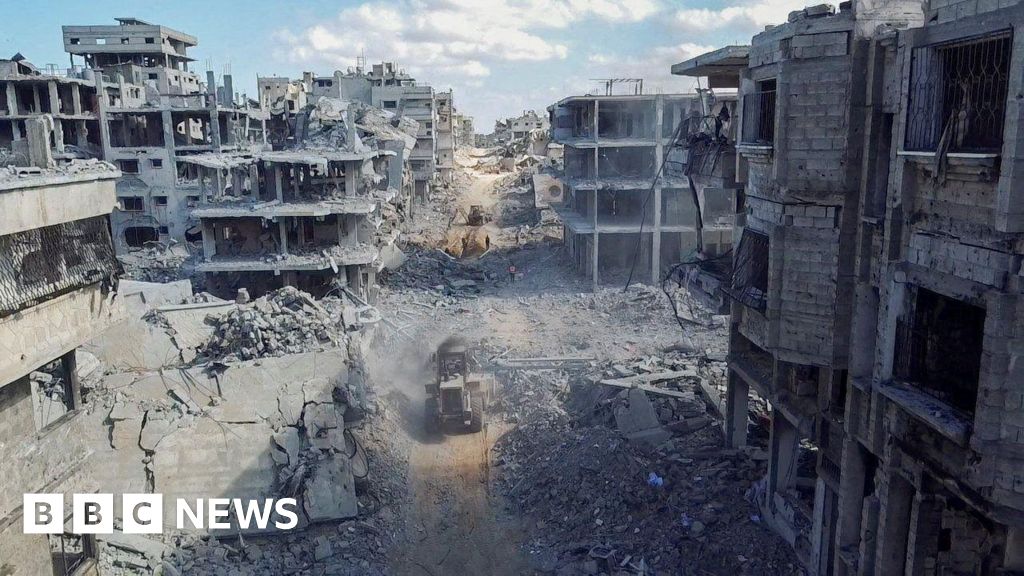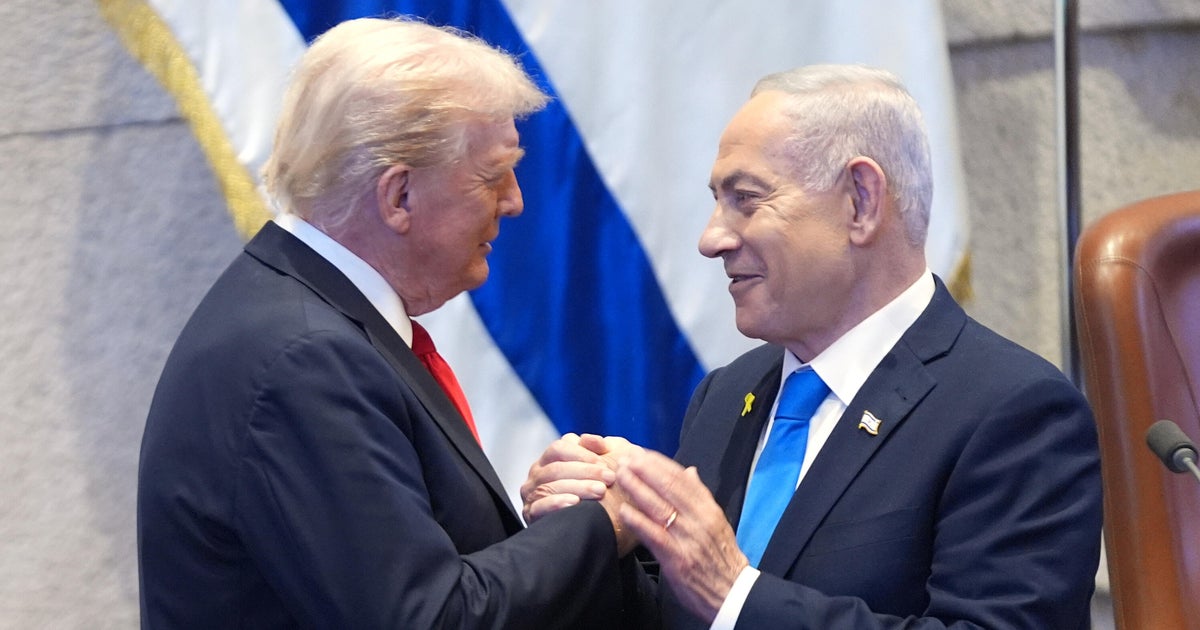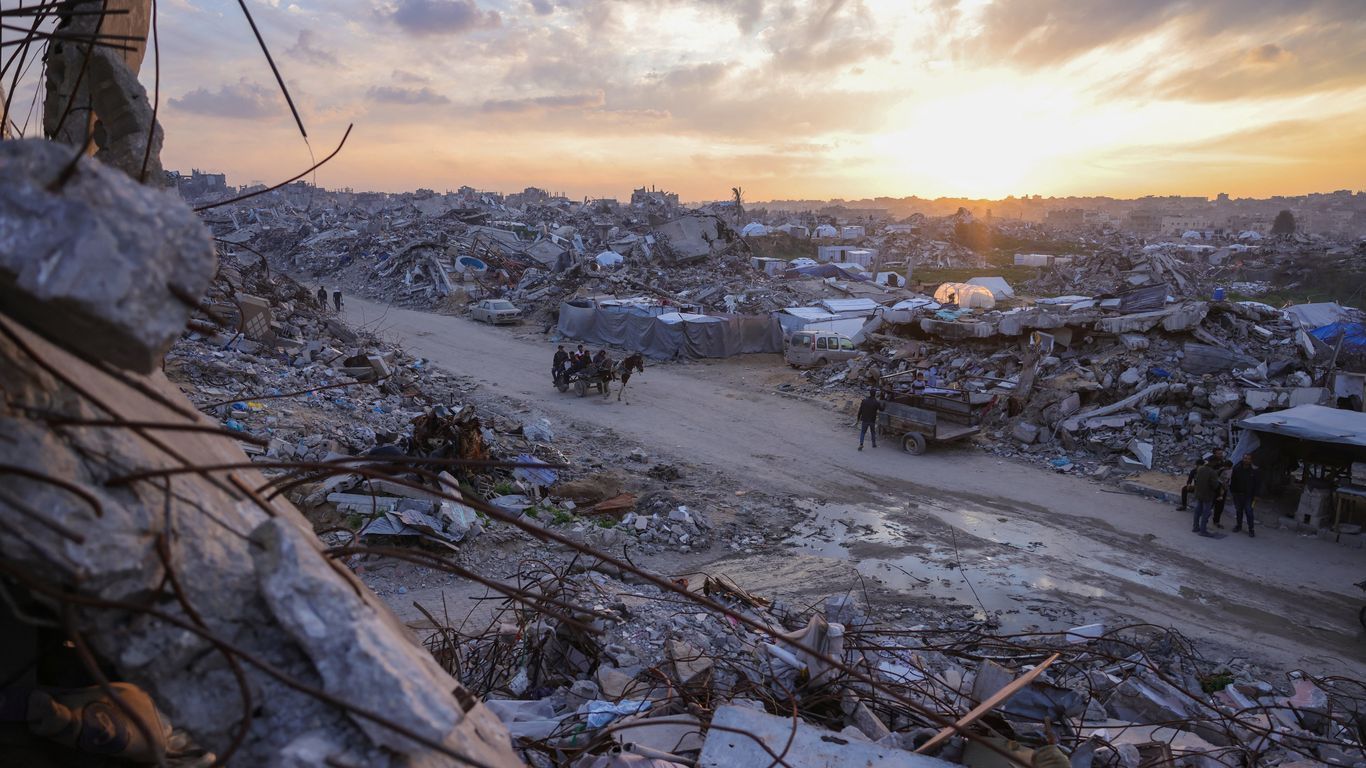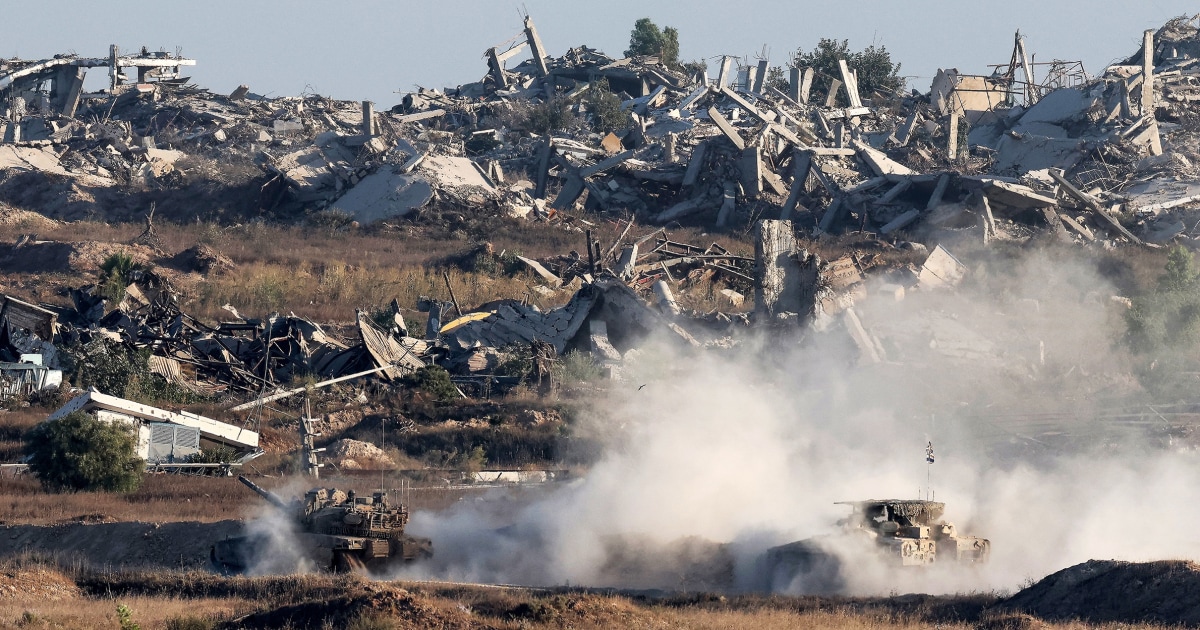Israel Receives Two Gaza Hostage Bodies as Ceasefire Exchange Sparks Debate

Israel Receives Two Bodies Purportedly of Gaza Hostages
The Israeli government confirmed it received two bodies over the weekend, which Hamas claims are those of hostages held in Gaza. The remains were handed over through the Red Cross, with Israeli authorities now verifying their identities. This development follows the recent ceasefire agreement, under which Hamas had already released 20 living hostages and the confirmed remains of at least eight others. The return of these bodies has stirred fresh controversy, as many in Israel remain outraged that Hamas has not accounted for all deceased hostages still believed to be in Gaza. Families of the missing continue to demand answers, emphasizing the emotional toll of uncertainty even as some progress is made.
Wider Context and Ongoing Tensions
While the recent prisoner and hostage exchange—including the release of Palestinian prisoners by Israel—signaled a major step toward de-escalation, the issue of unreturned remains highlights unresolved grievances. If these latest bodies are confirmed as hostages, it would still leave at least 18 missing, according to Israeli officials. The lack of full transparency from Hamas has deepened public frustration, fueling calls for a more comprehensive resolution. As both sides navigate a fragile peace, the fate of those still unaccounted for remains a painful reminder of the conflict’s enduring human cost and the challenges of achieving lasting reconciliation.
About the Organizations Mentioned
Hamas
**Hamas** is a Sunni Islamist Palestinian nationalist organization that functions both as a political party and a militant group, primarily operating in the Gaza Strip, which it has governed since 2007. Founded in 1987 by Ahmed Yassin amid the First Intifada, Hamas emerged from the Muslim Brotherhood and initially had covert Israeli support as a counterweight to the secular Palestinian Liberation Organization (PLO)[3][1]. It combines political governance with an armed wing, the al-Qassam Brigades, committed to armed resistance against Israel, which it refuses to recognize as a legitimate state[1][3]. Hamas’s political rise culminated in a 2006 electoral victory in the Palestinian Legislative Council, campaigning on anti-corruption and resistance platforms. After violently seizing Gaza from the rival Fatah faction in 2007, Hamas has maintained de facto control there despite international isolation and blockades imposed by Israel and Egypt[3]. Its governance has been marked by repeated conflicts with Israel, including major wars in 2008–09, 2012, 2014, 2021, and the ongoing intense conflict triggered by Hamas’s surprise October 2023 attack killing nearly 1,200 Israelis and taking hostages[1][2][3]. Hamas benefits from regional support, especially from Iran, which supplies funding and weapons, as well as financial and political backing from Turkey and Qatar. These alliances form part of a broader "axis of resistance" against Israel, which includes groups like Hezbollah and Palestinian Islamic Jihad[2]. Hamas also operates fundraising networks globally, sometimes using charities as fronts to support its military activities[4]. The group is designated a terrorist organization by many countries, including the United States, which has increased military aid to Israel following recent escalations[2][6]. Despite modifying its 1988 charter in 2017 to soften some language, Hamas continues to reject Israel’s legitimacy and pursues all forms of resistance[1]. Its enduring political
Red Cross
The Red Cross is the world's largest humanitarian network, dedicated to providing emergency assistance, disaster relief, and education globally and domestically. It operates through three main components: the International Federation of Red Cross and Red Crescent Societies (IFRC), National Societies in 191 countries, and the International Committee of the Red Cross (ICRC). The organization’s core mission is to help people suffering due to conflict, natural or man-made disasters, and chronic poverty without discrimination[2]. Founded in the 19th century, the Red Cross has a rich history rooted in humanitarian principles established over 60 years ago by the IFRC. The American Red Cross (ARC), chartered by the U.S. Congress in 1905, exemplifies the organization’s work by responding to over 60,000 disasters annually, including fires, hurricanes, floods, and earthquakes. It provides shelter, food, health and mental health services, and supports military families. The ARC also supplies about 40% of the nation’s blood, teaches life-saving skills, and participates in international humanitarian efforts such as disaster preparedness and migration crisis response[3][4][8]. In 2025, the IFRC’s Global Plan emphasizes reducing the impact of emergencies related to climate, health, and migration, building community resilience, and ensuring inclusive, respectful aid delivery. This plan reflects a strategic approach combining local action with global coordination to address complex humanitarian challenges[1]. Notably, the Red Cross leverages technology and data to enhance disaster response and preparedness, such as multilingual volunteer databases and emergency apps. The organization continually expands volunteer recruitment to meet rising disaster frequency and scale, with almost 275,000 volunteers across the U.S. alone[6][9][10]. The Red Cross’s key achievements include life-saving disaster relief, international humanitarian aid, blood supply management, and innovative preparedness campaigns like the Home Fire Campaign, which has saved over 2,460 lives since 2014. Its ability t
Israeli government
## Overview The Israeli government is the executive branch of the State of Israel, operating within a parliamentary democracy framework where the Prime Minister serves as head of government and the Knesset (parliament) as the legislative body[1]. The government is responsible for administering national affairs, implementing laws, and setting public policy across domains such as security, economy, technology, and social services. Israel’s political system is characterized by a multi-party structure, frequent elections, and a complex balance of power between the executive, legislative, and judicial branches[1][4]. ## History Israel declared independence in 1948, establishing a government influenced by British parliamentary traditions and Jewish communal governance[4]. Instead of a single written constitution, Israel’s governance is based on a series of Basic Laws, which have constitutional status and cover specific areas such as the Knesset, the Government, and human rights[1][4]. Over decades, the Supreme Court has played a pivotal role in interpreting these laws, often acting as a check on government power[1][4]. ## Key Achievements Israel’s government has overseen rapid economic growth, transforming the country into a global leader in technology and innovation—often dubbed the “Startup Nation.” It has fostered a robust ecosystem for tech startups, venture capital, and multinational R&D centers. The government has also prioritized cybersecurity, renewable energy, and water management, achieving notable success in desalination and agricultural technology. Internationally, Israel maintains strategic partnerships, particularly in defense and technology sectors, and has normalized relations with several Arab states in recent years. ## Current Status As of 2025, the Israeli government faces both domestic and international challenges. Domestically, political fragmentation and legislative efforts to alter the appointment processes for senior civil servants and government companies have sparked debate about the balance between governance and political influence[2]. Public confidence in national leadership stands at 44%, reflecting polarized views amid ongoing security concerns and economic pressures[8]. The


















